It’s always exciting to get a new kitten. By nature, kittens are playful, inquisitive, and somewhat fussy creatures with an independent streak that cat lovers find endearing. While you probably bought top-quality kitten food and were looking forward to watching your little one feast, sometimes kittens will turn their noses up at the food they’re offered.
But don’t worry! We’re here to help. Here are the most common reasons a kitten may not eat the food that he’s being offered.

The 8 Reasons Your Kitten Might Not Be Eating
1. The Bowl Isn’t Quite Right
A kitten’s whiskers are very sensitive and they’re used to provide the animal with information about the environment. If you’re using a food bowl that’s too small, your little kitten’s whiskers may be brushing up against the sides of the bowl when he eats. This could be enough to irritate your kitten and cause him to stop eating. Switch the bowl to one that’s wide and shallow and see if that makes a difference.
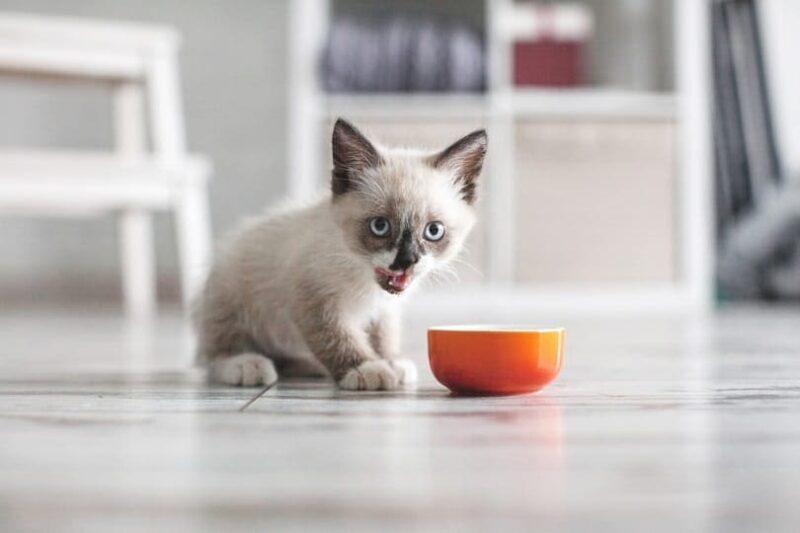
2. The Food Is Not in the Right Place
Kittens do not like to eat near the location of their litter box. If you’ve placed your kitten’s food bowl too close to his toilet, he may not eat. The food bowl should also be away from high traffic areas in your home and not placed anywhere your kitten doesn’t feel safe. Cats like to eat alone and they don’t appreciate being surprised or interrupted during mealtime. Give some thought to the location of your kitten’s food dish and pick a spot that’s nice and quiet where your kitty will feel safe.
3. Your Kitty Feels Stress & Anxiety
It’s common for a kitten to feel a little stress and anxiety when they are taken away from their mother and put into a new environment. If your kitten feels unsure of their new home, they may refuse to eat.
It’s up to you to help your kitten make a smooth transition into your home. You can make your kitten feel safe by keeping them away from other pets and lowering sound levels in your home. Give your kitten ample time to explore their new home. Show them where the litter box and food bowl are kept and put something warm and cozy in their cat bed like a fuzzy blanket or soft toy he can snuggle up to.
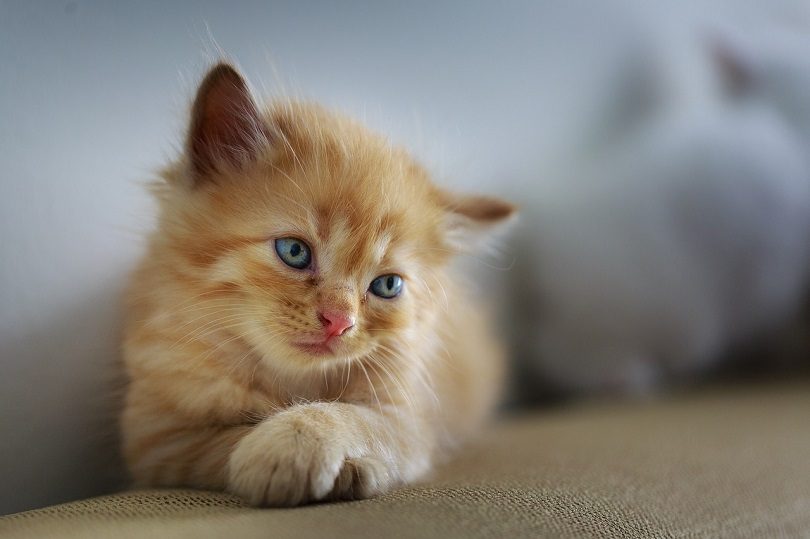
4. Your Kitten Is Sick
Kittens tend not to eat if they’re not feeling well. Many health issues that can result in kittens not eating include internal parasites, upset stomachs, infections, and constipation. If your kitten flat out refuses to eat anything for more than 24 hours, seek immediate help from your veterinarian. At this young age, kittens are fragile and without food and hydration, they can quickly go from a healthy state to an emergency situation. Your vet will examine your kitten to prevent this and get to the bottom of his lack of appetite.
5. Your Kitten Isn’t Used to the Food
If you started feeding your kitten a new type of food they are not used to, he could refuse to eat it. It’s important to feed kittens the same food they’re used to eating. If possible, speak to the breeder who sold you the kitten and ask what type of food they used.
Try warming the cat food in the microwave to make it smell better to your kitten. If you do this, be sure the food is just slightly warm and not too hot. Kittens often prefer wet versus dry food, as they are usually weaned from a liquid to a high-moisture diet, so keep that in mind. Cats and kittens don’t generally like changes made to their feeding routine. If you do change cat food, do it gradually by mixing the new food with the old.
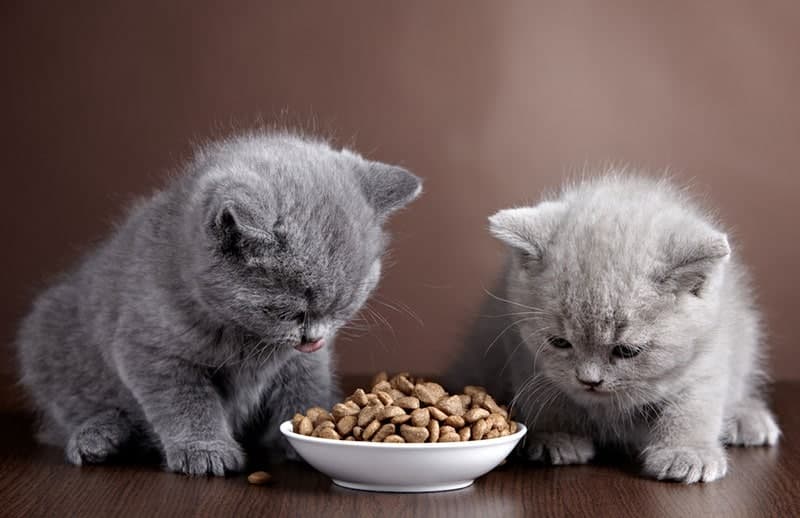
6. Your Kitten Just Had a Vaccine
Sometimes the stress from visiting the vet, along with the pain and discomfort from a vaccination shot, can cause a kitten to lose their appetite. In this case, your kitten will eat, just not all of their normal portion. Monitor your kitten’s overall behavior and appetite and if you notice them very lethargic or they do not fully recover their appetite within a couple of days, please inform the vet.
7. Your Kitten is Teething
Sometimes the inflammation, pain and discomfort caused by the natural process of teething might cause your kitten to have a decreased appetite. This is relatively normal to a point, however, you should closely monitor them to ensure they get some food. If your kitten continues reluctant to eat, chews differently, or looks very uncomfortable it’s worth having them checked by the vet. Again, if your kitten refuses to eat for more than 24 hours, contact your veterinarian immediately.
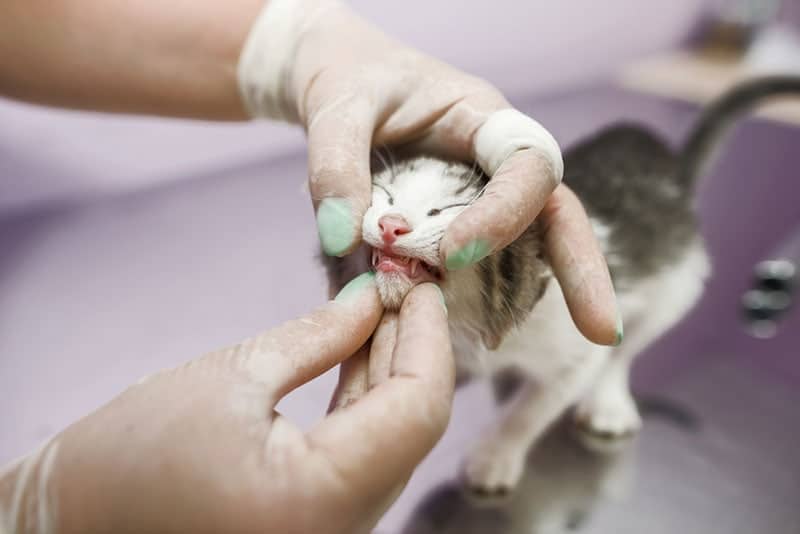
8. Your Kitten Has Already Eaten Enough
It’s essential to know how much to feed your kitten during each stage of their development and at each meal so you don’t over or underfeed him. It’s possible that your kitten isn’t eating the lunchtime meal because they are still full and satisfied from the food they ate in the morning.
Maybe you are simply giving your kitten more food than they can handle. This is why it’s important to read the feeding instructions on cat food and to speak to a veterinarian. It’s also possible that you’re giving your kitty too many treats throughout the day. Try abstaining from giving your kitten human food treats and kitten snacks. Maybe your kitten has an upset tummy from too many treats!
Need veterinary advice but can't get to the clinic? Catster recommends PangoVet, our online veterinary service. Talk to a vet online and get the answers and advice you need for your cat without having to leave your living room — all at an affordable price!


Conclusion
When a kitten won’t eat, it’s common for the owner to look for answers in the food itself. Maybe the temperature of the food was off it was not moist enough, or it was the wrong flavor. But as we’ve discovered, there are other possible reasons your kitten might not be eating. No matter the reason, ensure you closely monitor them and keep in mind that if your kitten does not eat in more 24 hours, they must be seen by a vet. We hope this article helps you find the right solution!
Featured Image Credit: Impact Photography, Shutterstock
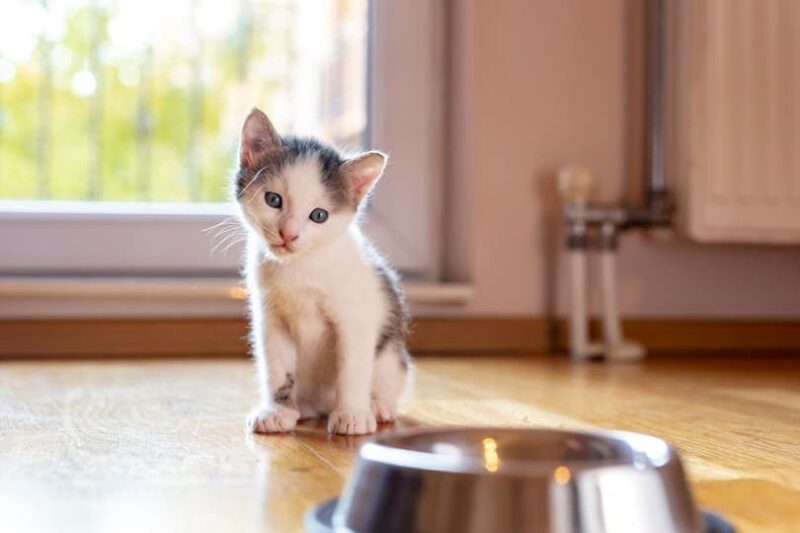


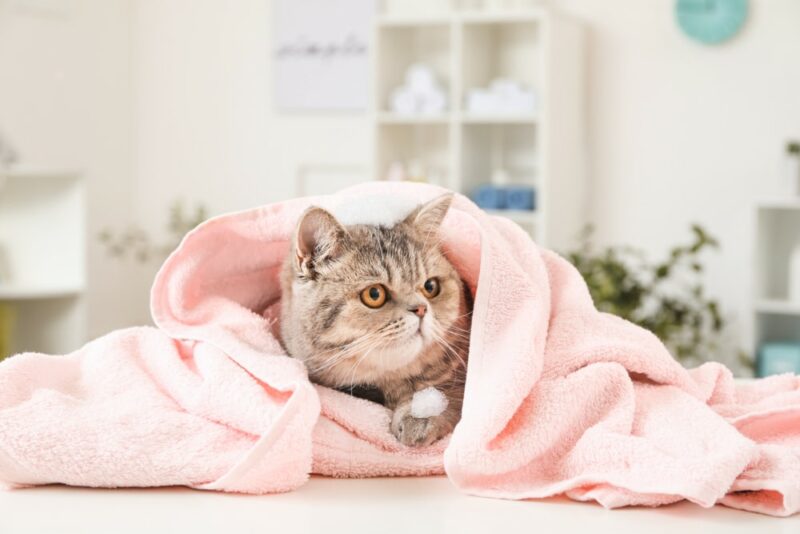
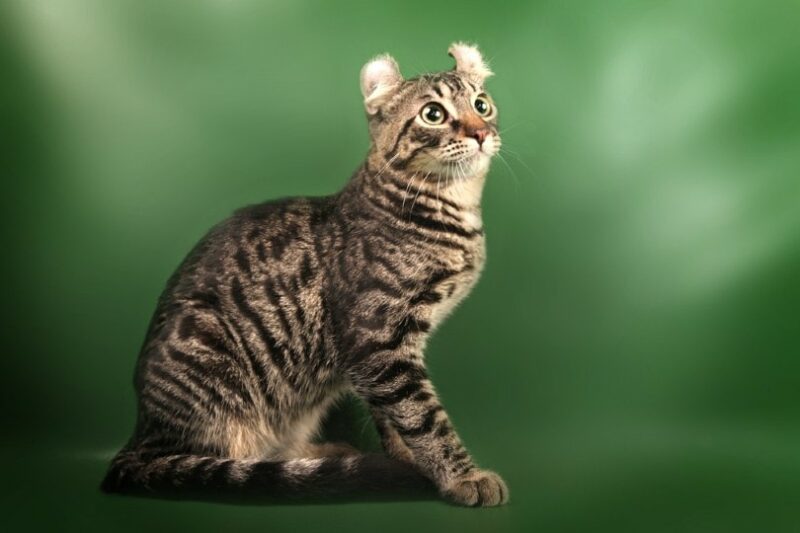
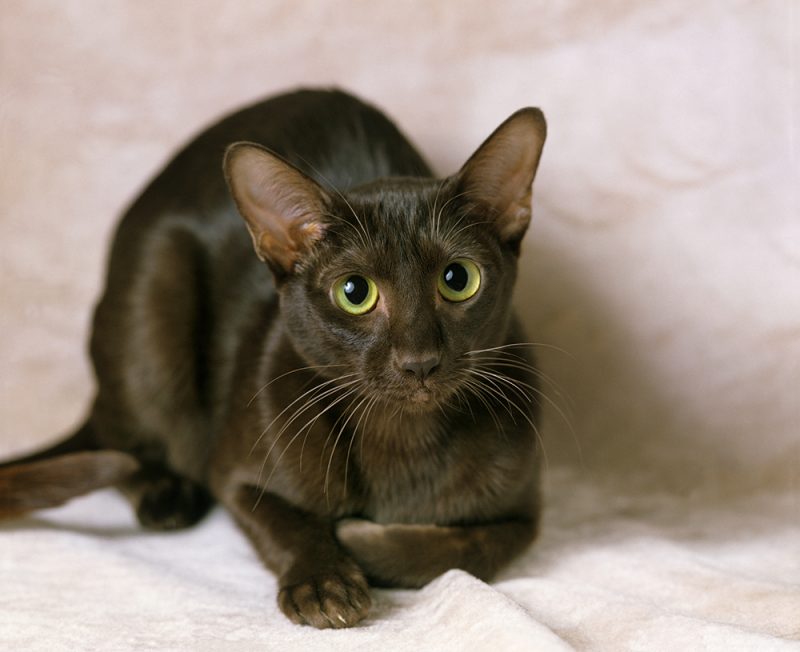
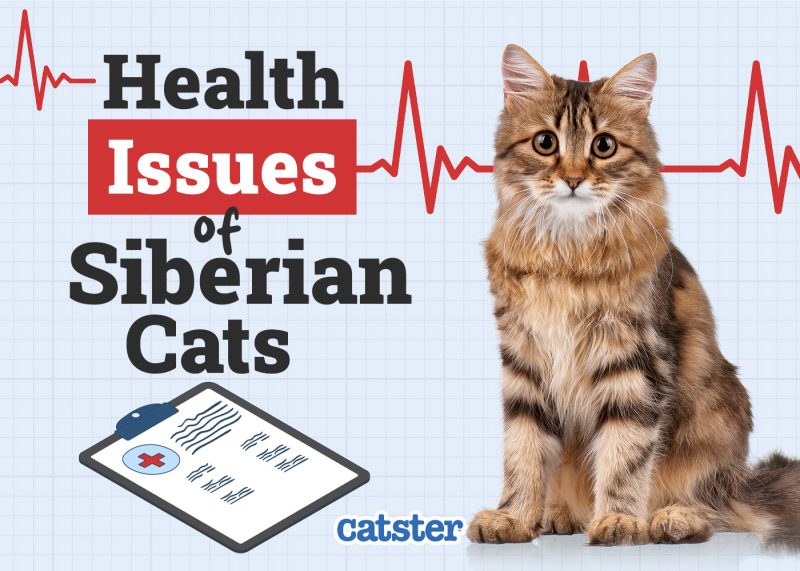
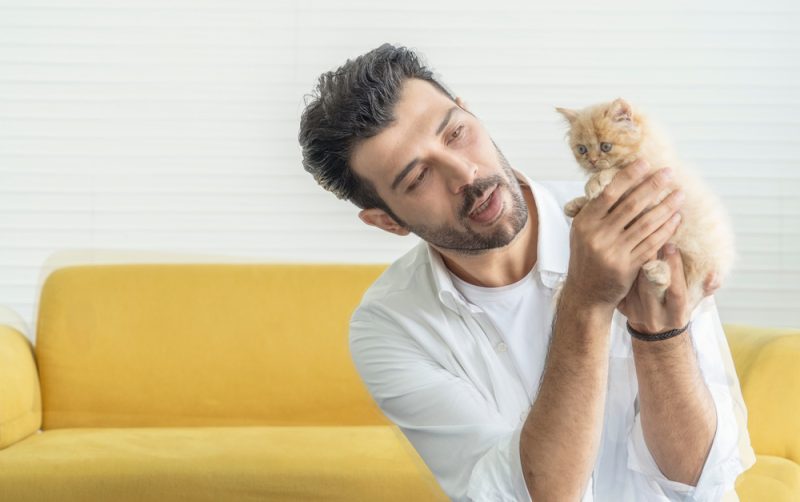
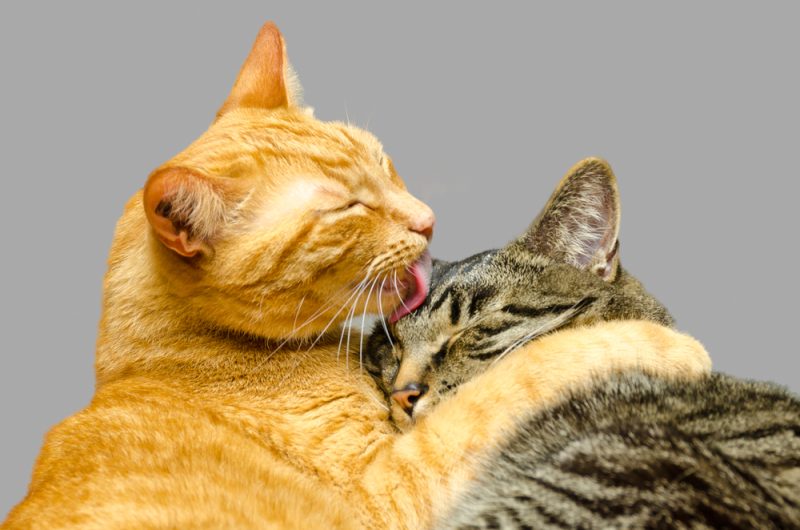
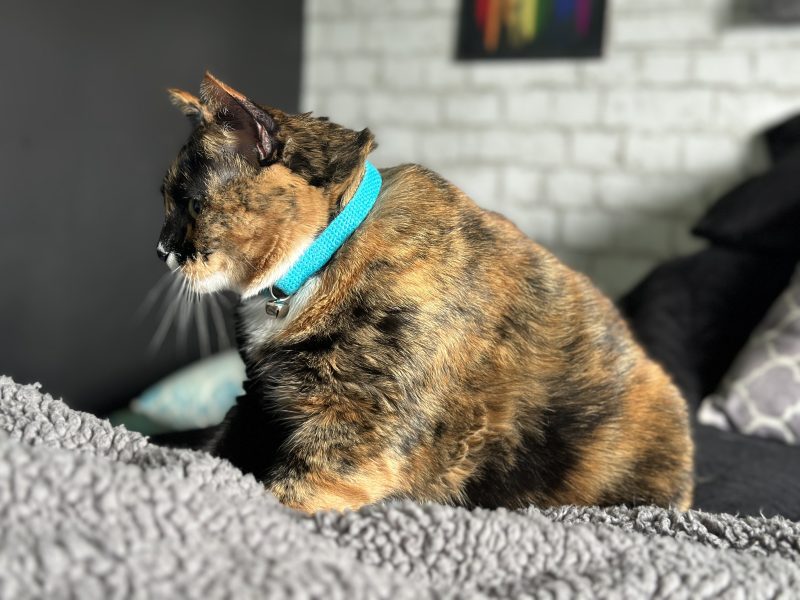
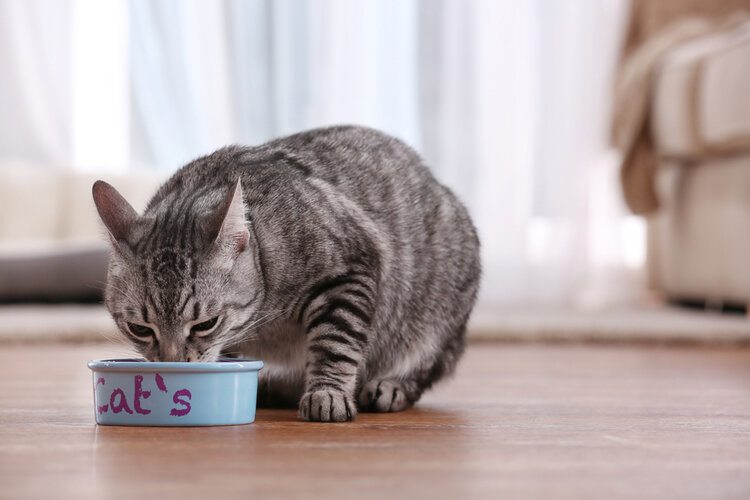
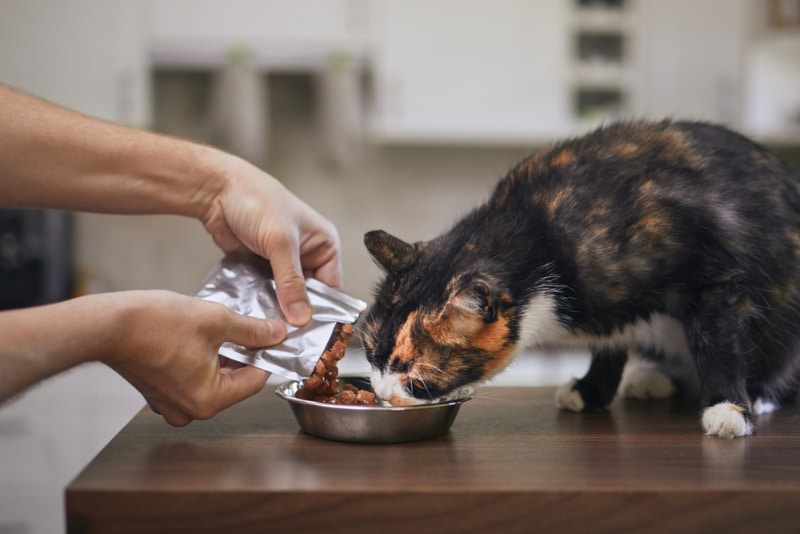
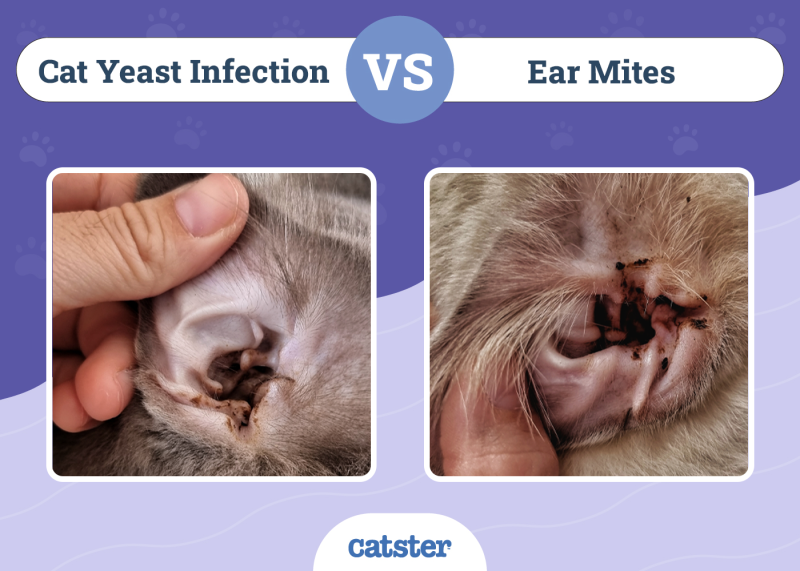
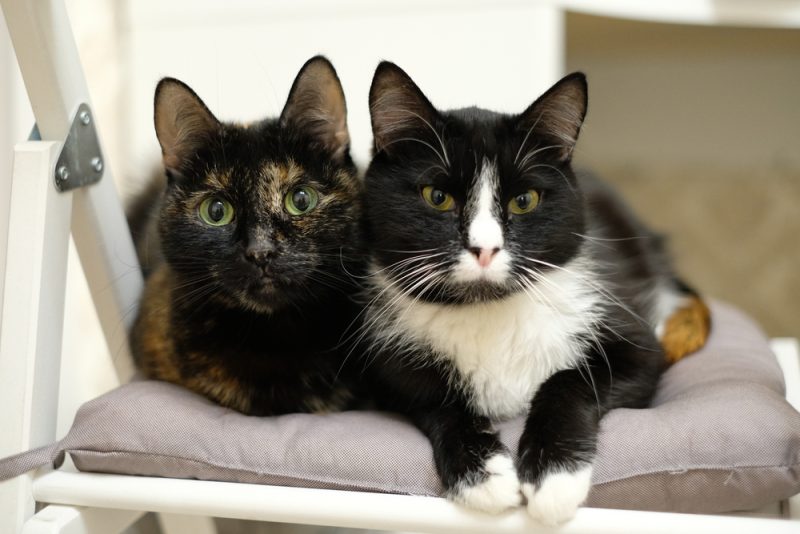
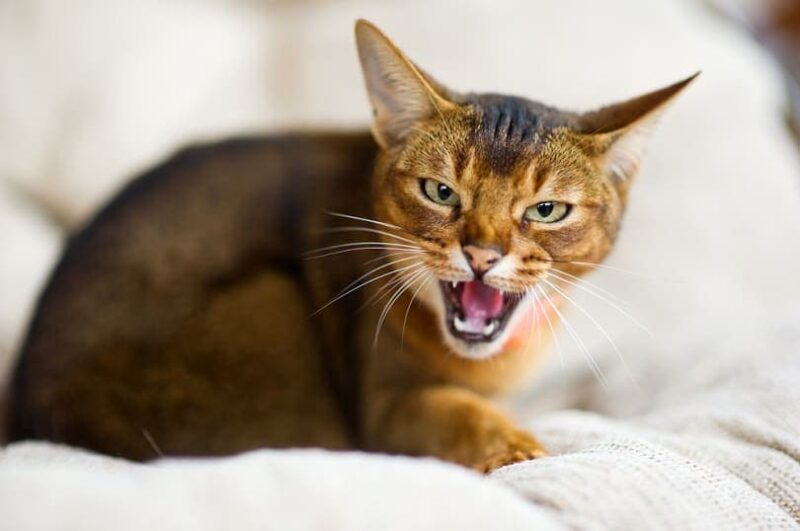
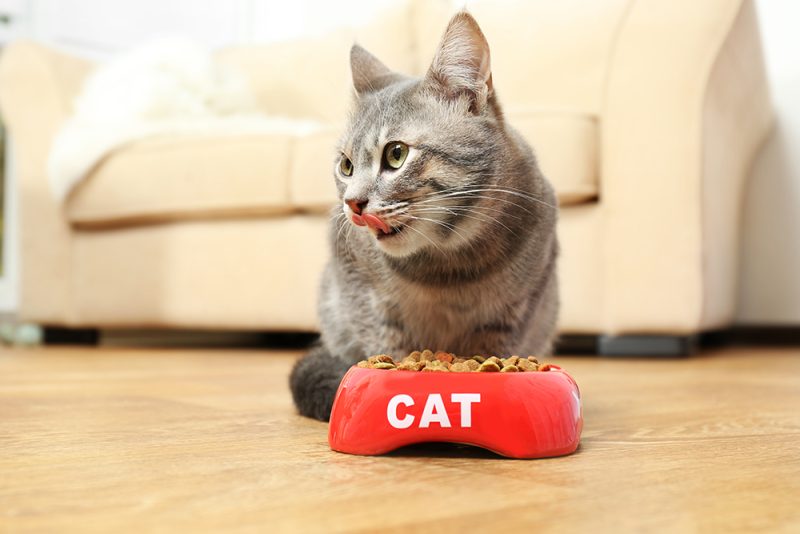
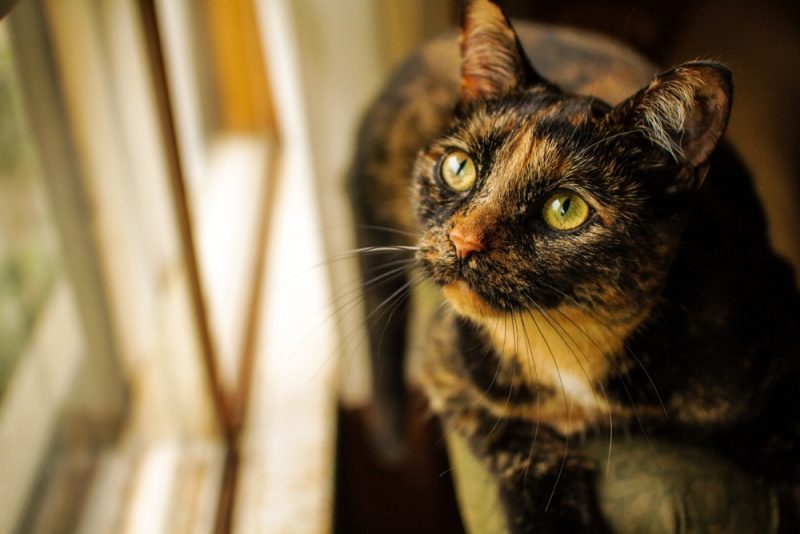
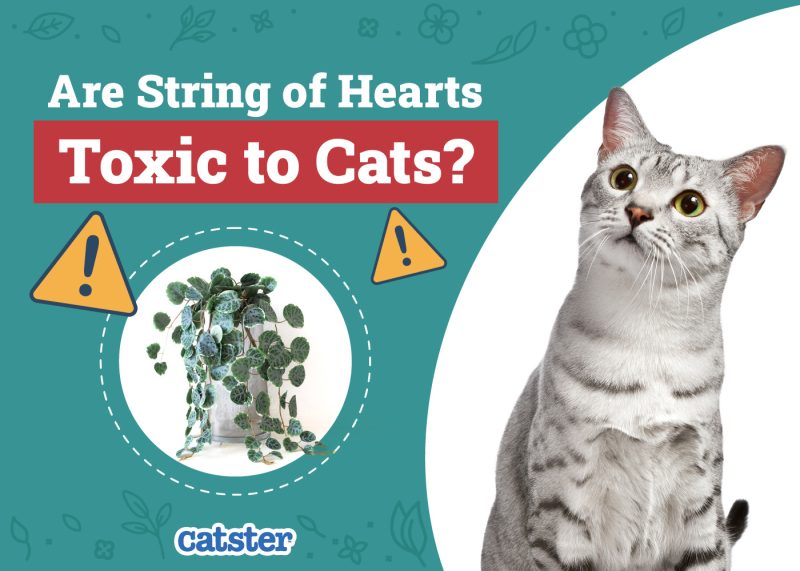
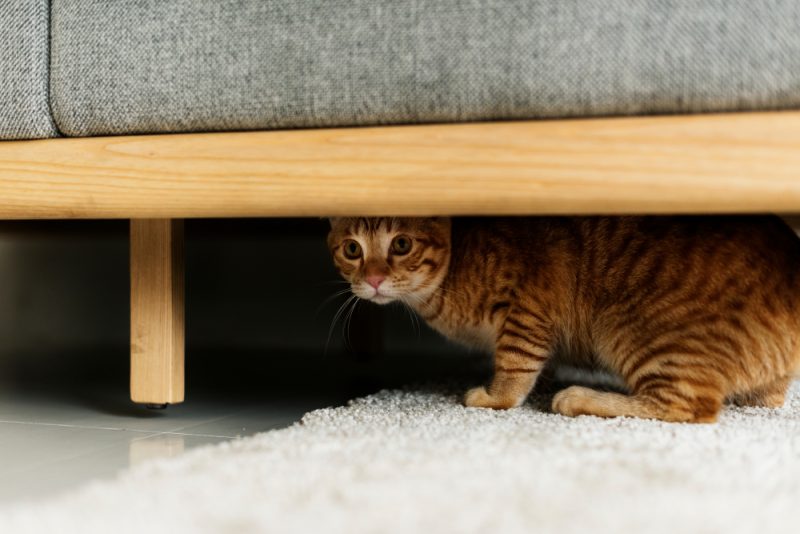



2 Responses
My kittens are 2 months old and my husband went on a business trip, all of a sudden they won't eat. I've given them a variety of canned foods to pick from and they always have access to their kibble, buy I haven't seen either of them eat. They drink water and will occasionally vomit that up. They are still very active and playful like they are eating. Is this normal, for them to miss my husband and go on strike for a bit?
Hi MJ, it is dangerous for kittens not to eat in more than 24 hours, please get them checked by a vet asap, this is not normal.